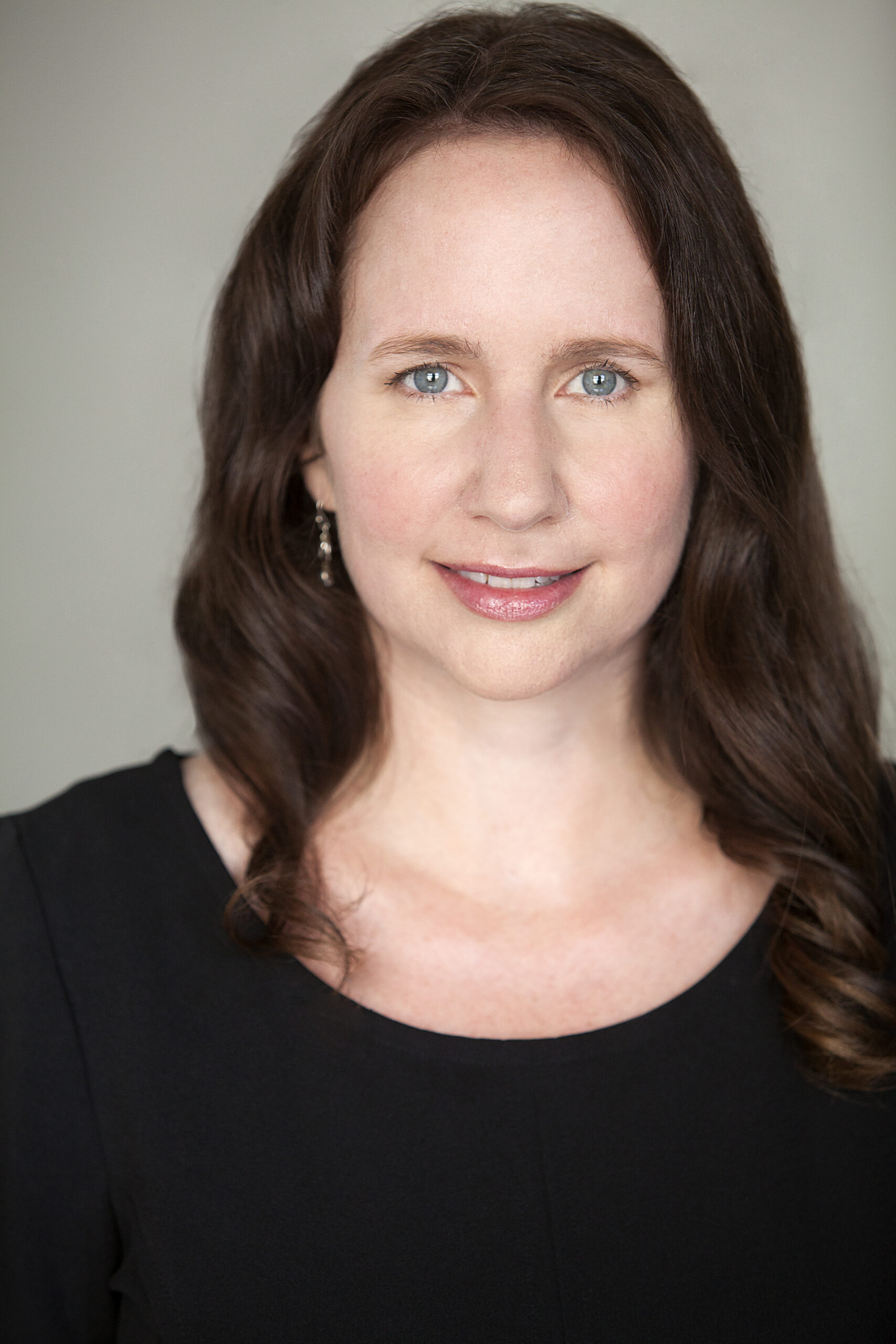
Foreword
By Ken Bouyer, EY Americas Director of Inclusiveness Recruiting
EY is a global leader in assurance, consulting, strategy and transactions, and tax services with a purpose of building a better working world. While fulfilling their purpose and creating positive change through knowledge, skills, and experience, EY and GenHERation® have partnered for 10 years to create life-changing opportunities for high school and college students. Since its inception, EY has been a steadfast partner of GenHERation®, aligning with its mission to empower entrepreneurs. Witnessing their growth and accomplishments throughout our partnership has been deeply gratifying. This engagement with GenHERation® has proved to be both enriching and rewarding for our staff. To celebrate our partnership and further amplify our impact, we are interviewing 10 EY leaders, innovators, and changemakers to highlight their expertise and inspire the GenHERation® community to turn insight into action.
Here is what EY Americas Director of the Behavioral Science and Insights team in Learning and Development, Dr. Heidi Grant, had to say when asked about improving your decision-making and problem-solving skills:
GenHERation®: What one word best describes EY?
Dr. Heidi Grant: Ambitious.
GenHERation®: In your current role, what are your primary responsibilities?
Dr. Grant: I’m the Director of the Behavioral Science and Insights team (BSI) in EY Americas Learning and Development (L&D). Normally, you would only find a team like mine at a solution vendor or consultancy, creating offerings to sell to clients. It’s very unusual to get the chance to use our skills in service of the needs of our own people. The BSI team supports our L&D colleagues, and our colleagues across Talent, in making sure that we bring the latest thinking and research in social cognitive psychology and neuroscience to everything we do. We help design learning, programs and experiences with the brain in mind — with a deep evidence-based understanding of what makes people feel empowered, engaged and connected. We also help design ways of capturing the impact of what we do in L&D so that we know we are creating value for our people and continuously improving.
GenHERation®: What actions should you take to improve your decision-making and problem-solving skills?
Dr. Grant: There are a few strategies that everyone, no matter what role you play in your organization, can use to get better at solving problems and making decisions. First, do your most important or challenging work when your brain is at its best. People often assume that they can engage in high-quality thinking for eight hours a day, and it’s simply not true. You start to run out of gas when you’ve been in meeting after meeting, checking and responding to emails, and multitasking. I recommend that you block a few hours on your calendar when you tend to feel most energized — no meetings, don’t check emails and stay focused on your deep work.
Second, it’s important to try to mitigate the unconscious biases that can derail us when we generate solutions or make decisions. And no, you can’t just “search your thinking” for bias and root it out. Unconscious bias stays unconscious, even when you go looking for it. It’s better instead to adopt some simple practices that reduce the influence of bias, like asking for other perspectives on a decision, particularly from someone you know thinks differently than you do. You can also ask yourself questions like: What advice would I give someone else making the same decision? Research shows that taking a third-party perspective can help reduce biases like loss aversion and sunk cost bias, helping us see things more objectively.
Finally, at the EY organization, we encourage our people to challenge their own decisions by asking if they are motivated by tradition, preference or requirement? Questions like these can help us see that sometimes when we feel like we have to do something, it’s really only because that’s the way we have always done it.
GenHERation®: How do you make an impact in your role?
Dr. Grant: I was a professor and researcher for many years, and even though I loved teaching, what I really wanted to do was find a way to bring everything the science of psychology and neuroscience was telling us about how to live happier, more fulfilling and more effective lives to all the people who could benefit from it. In my role, I am able to translate jargon-filled, esoteric science from journal articles into actionable insights that people can apply in their professional and personal lives. It’s an incredible privilege and I count myself lucky every day. Through my books, I’m also able to bring that knowledge to the world beyond EY professionals and our clients.
GenHERation®: What advice would you give your younger self?
Dr. Grant: I spent most of my youth and young adulthood doing what I see so many young, achievement-oriented people do: I constantly compared myself to everyone around me and drove myself crazy trying to prove that I was smart, talented and worthy. I wish I had learned a little earlier in life to listen to the voice that was telling me what made me feel fulfilled — learning, connecting with others, finding new skills to develop and taking chances. My dissertation was actually one of the first on the growth mindset (my PhD advisor was Carol Dweck), and I waited too long to start applying the principles of a growth mindset to my own life, which are embrace mistakes, focus on improvement and seek out opportunities to grow in everything you do.
Dr. Heidi Grant is a social psychologist who researches, writes and speaks about the science of leadership. She is the Director of the Behavioral Science and Insights team in EY Americas Learning and Development and Associate Director of the Motivation Science Center at Columbia University. Named for six years by Thinkers 50 as one of most influential global management thinkers, Dr. Grant is also a contributor to the Harvard Business Review, 99U, Fast Company, The Wall Street Journal, Forbes and Psychology Today. She appears regularly on CBS Mornings. She is also the author of five best-selling books, including 9 Things Successful People Do Differently, and her most recent release, Reinforcements: How to Get People to Help You. Her TED Talk on how to get the support you need has been viewed over 3 million times.



Comments (0)